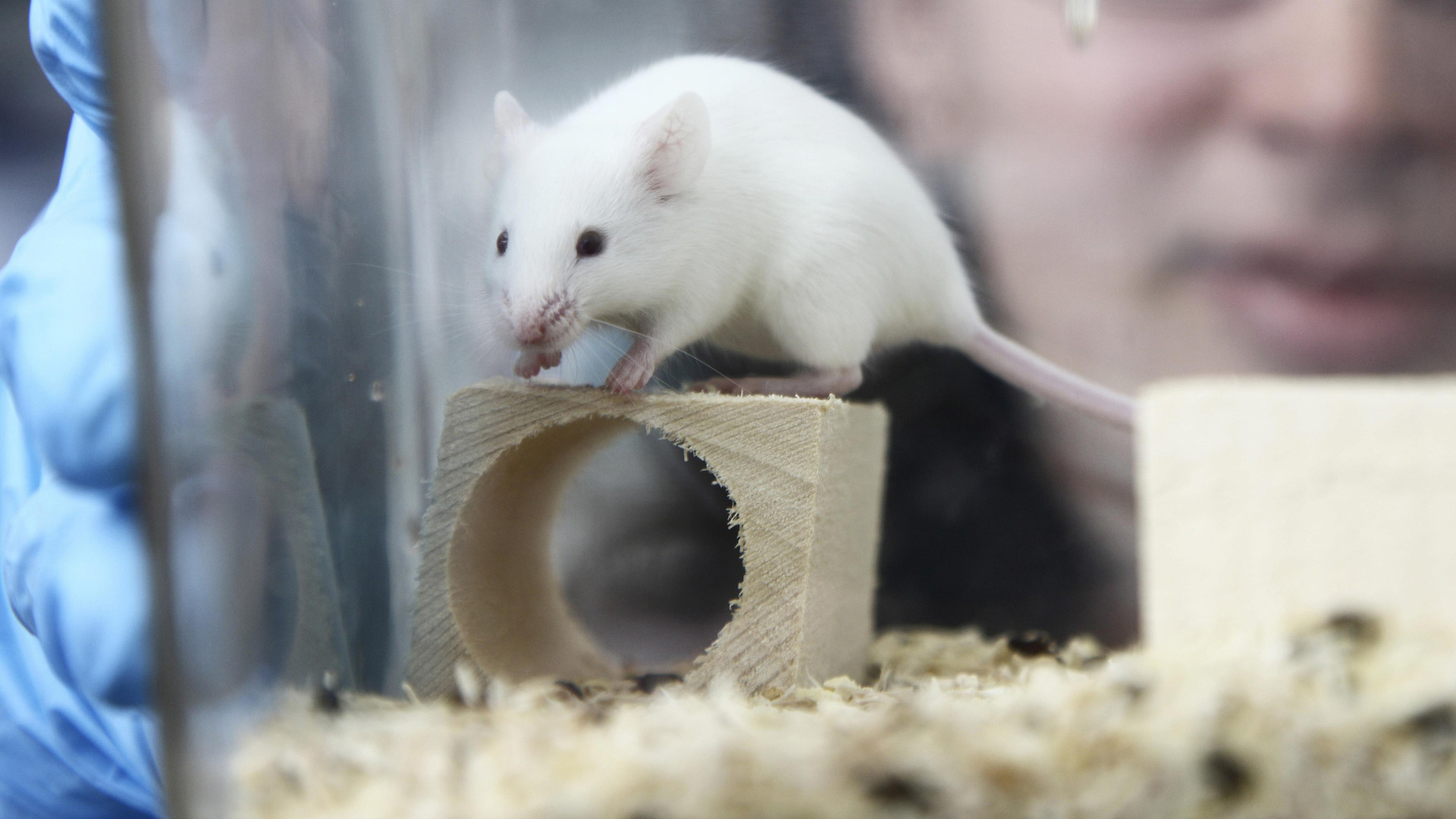Domestic specialists from the Research Center for Psychiatry and Narcology named after V.P. Serbsky, Joint Institute for Nuclear Research and Moscow State University MV Lomonosov found that cosmic radiation can positively affect the brain and mental abilities. This, with reference to a publication in the journal Neuroscience, the press service of Moscow State University. Financial support was provided by the Russian Foundation for Basic Research.
In the exploration of deep space, humanity will definitely have to face cosmic radiation - ionizing radiation in interplanetary space, which penetrates physical barriers and negatively affects organisms. On Earth and in near-Earth orbit, its effect is minimal, therefore, scientists imitated the dosage and composition of galactic rays in laboratory conditions, and rats were used as subjects.
- Rats were chosen to study the effects of cosmic rays
- globallookpress.com
- © Jochen Tack / imageBROKER.com
As a result of the ground experiment, it turned out that despite the negative effects of radiation equal to radiation after the 860-day interplanetary mission, the psychoemotional state and mental abilities of the experimental animals improved. Irradiated animals showed good results in tests of quick wits and outperformed rats from the control group.
“In the light of recent data, it is appropriate to talk about galactic cosmic rays as one of the factors of space flight, whereas it was recently believed that due to radiation exposure, interplanetary flights of man are impossible in principle. The present study ... removes the "biological" limit from long-range space missions, "says the lead author of the study, senior researcher at the Psychopharmacology Laboratory at the Research Center for Psychiatry and Narcology V.P. Serbian Victor Kokhan.
According to him, the most interesting is the study of the positive effects of ionizing radiation on the functions of the central nervous system, including the identification of new therapeutic approaches to the treatment of diseases of the nervous system, such as incurable with medication clinical depression, Alzheimer's disease and amyotrophic lateral sclerosis.
“The team is working in this direction, and soon data will be presented on the effects of exposure to heavy charged particles on the course of the neurodegenerative process,” the scientist said.
As shown by cognitive tests, after irradiation, rats, especially young individuals, became more anxious. At the same time, animals showed higher values in tests for orientation in space in comparison with control groups.
“Ionizing radiation still causes deep remodeling of nerve tissue. It just so happened that functionally this has a positive effect on the central nervous system, ”concluded Vladimir Kokhan.

